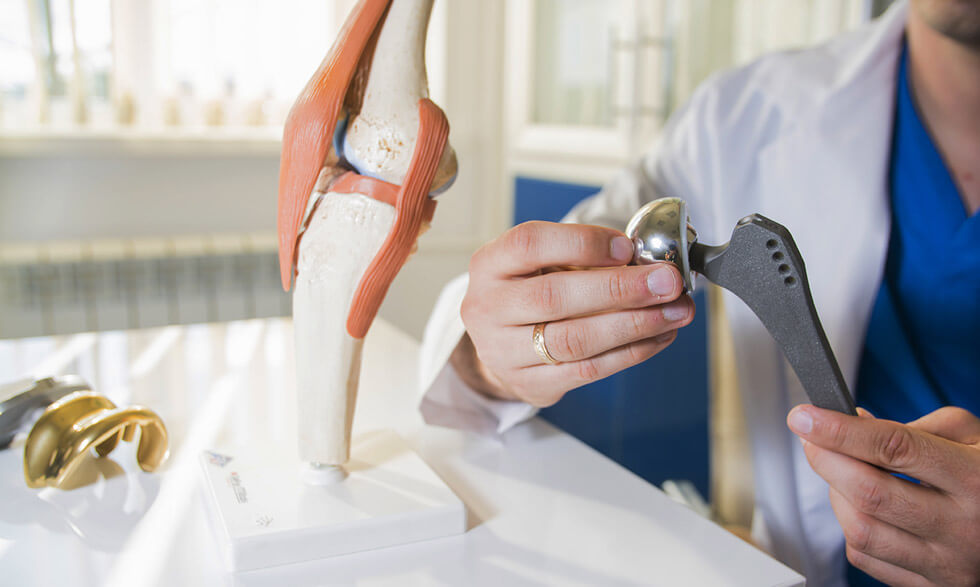
If you suffer from chronic joint pain, you may have considered joint replacement surgery as an option to alleviate your discomfort. Joint replacement surgery is a common procedure that replaces damaged or diseased joints with artificial implants. It can significantly improve your quality of life and allow you to return to your regular activities pain-free. At pain medicine arlington , we provide expert care for managing pain and rehabilitation after joint replacement surgery. In this article, we will discuss the basics of joint replacement surgery and what you need to know before undergoing the procedure.
When is Joint Replacement Surgery Necessary?
Joint replacement surgery is usually recommended when other treatments, such as medication, physical therapy, and lifestyle changes, have failed to relieve joint pain or improve joint function. Joint replacement surgery may be necessary if you have the following conditions:
- Osteoarthritis
- Rheumatoid arthritis
- Post-traumatic arthritis
- Avascular necrosis
The decision to undergo joint replacement surgery is not taken lightly. Your doctor will evaluate your overall health, medical history, and current condition to determine if joint replacement surgery is the best option for you.
What Happens During Joint Replacement Surgery?
Joint replacement surgery is typically performed under general anesthesia, which means you will be asleep during the procedure. Your surgeon will make an incision over the affected joint and remove the damaged or diseased joint surfaces. The artificial implant, which may be made of metal, plastic, or ceramic, is then secured to the bone with cement or other materials. The incision is closed, and a dressing is applied to the site.
What is Recovery Like After Joint Replacement Surgery?
Recovery after joint replacement surgery can take several weeks to several months, depending on the type of surgery and your overall health. You may need to stay in the hospital for a few days after surgery, and you will likely require physical therapy to help you regain strength and range of motion in the affected joint. Your doctor will provide you with instructions on how to care for your incision and manage your pain after surgery.
What Are the Risks of Joint Replacement Surgery?
Like any surgical procedure, joint replacement surgery carries some risks. These risks may include:
- Infection
- Blood clots
- Nerve damage
- Dislocation
- Implant failure
Your doctor will discuss these risks with you before the procedure and take steps to minimize your risk of complications.
Conclusion
Joint replacement surgery can be a life-changing procedure that can relieve chronic joint pain and improve joint function. If you are considering joint replacement surgery, it is important to discuss your options with your doctor and understand the risks and benefits of the procedure. At pain medicine arlington, we provide comprehensive care for managing pain and rehabilitation after joint replacement surgery. Contact us today to learn more.





